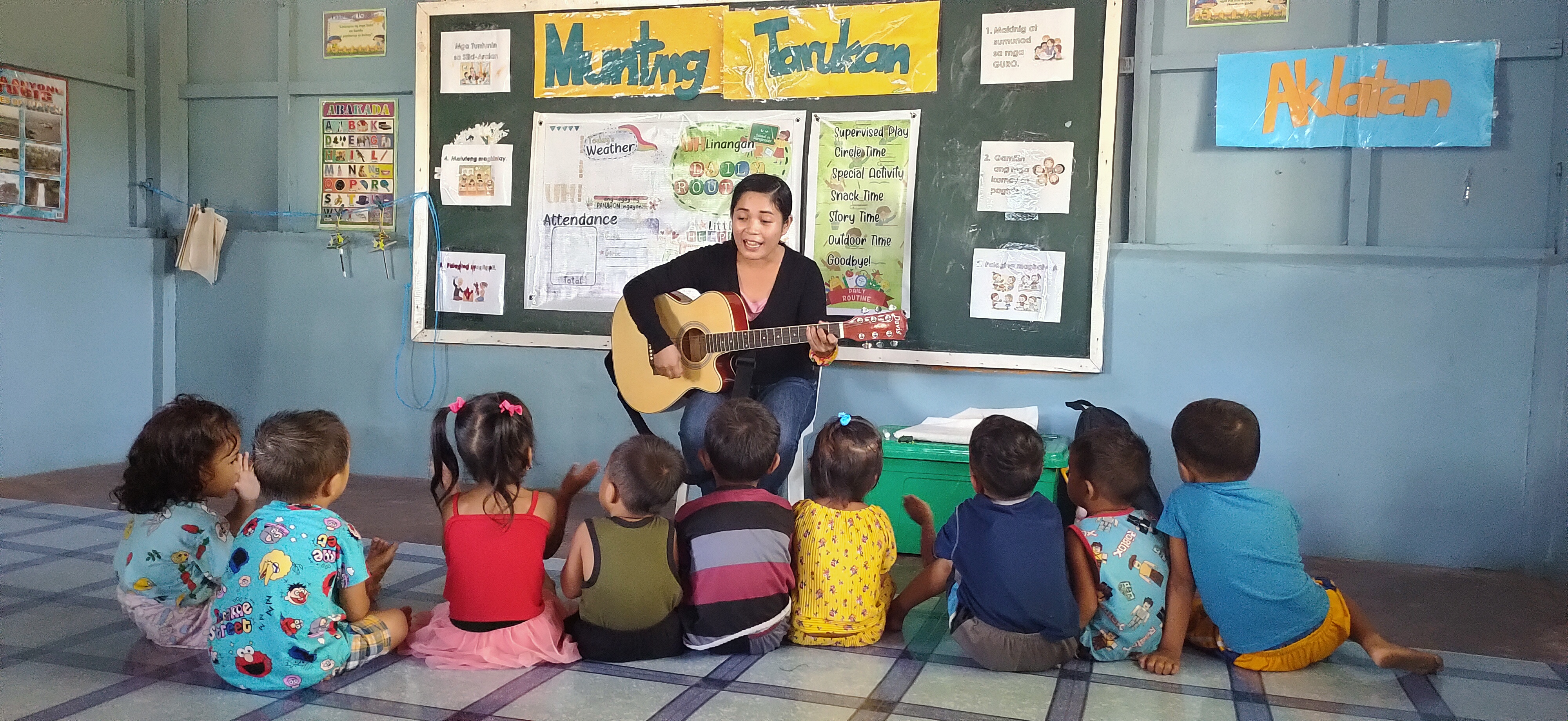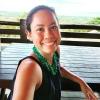The Power of Education: Unang Hakbang Gives Hope to Palawan’s Indigenous Children
When I asked Glyvie Matlani and Jeda Calding, four-year-old Bajaus, what they wanted to be when they grew up, Glyvie said a teacher and Jeda a doctor. These are vocations that many children from the indigenous Bajau and Palaw'an tribes of Palawan, Philippines can only dream of because many do not even make it to the end of grade school.
In Bataraza, a coastal municipality of Palawan, many indigenous children drop out of school because of barriers such as cross-cultural communication, poverty, and inadequate parental assistance, which make it harder for them to integrate into public schools.
This spurred Brix and Hazel Abela, an engineer and a former high school principal, to start a free tutoring programme for a few indigenous kids. As it became successful, more parents sought their help, leading them to start Unang Hakbang.

Unang Hakbang, which means “first step”, aims not only to equip the children with basic skills in literacy and numeracy, but most importantly a belief in themselves, an attribute crucial to success in life, yet missing in many of the indigenous children.
Part of the daily school routine are activities that build self-confidence, such as reciting a pledge that reminds them they have the right to dream and strive to reach for those dreams. The teachers also tell the kids at the beginning of their class that they are loved.
A community invested in itself
It was through Noemi Jane Gonzales that I came to know about Unang Hakbang. She was a friend and a former colleague who had to take a break from work to focus on her health after an autoimmune disease developed due to the stresses of urban living and the demanding job of being a former assistant principal. She now works for the school full-time.

After she quit her job in the city, her passion for teaching children never left her. So when the opportunity came through another common friend in Palawan who introduced her to Hazel and Brix, the rest was history. Palawan, known worldwide for its pristine forests and beaches, was perfect for her recovery.
Hazel could not also be more grateful for the coincidence. After twelve years of running Unang Hakbang, she felt it needed a fresh change. With her background, Noemi offered an additional perspective in running the pre-schools. Hazel welcomed her with open arms and has since been like family to her.
When they first built their centre, the couple's friends and the indigenous communities pooled their resources, be it wood or amakan (woven mats) for the school's construction, or donations of blackboards, papers, books, tables and chairs. After 14 years, they now have five centres where the community spirit continues.
The teachers themselves are volunteers, mothers from the tribes with their own longing to see their children thrive. They are trained and assisted by Hazel and Noemi.
"It is good that the teachers are from the tribes. This builds trust and their passion for teaching is deep. Having experienced the same difficulties themselves, the teachers are able to empathise with the children," Noemi explains. "They also speak the tribes' languages and can easily code switch to Tagalog and back."

Today, many of their graduates have successfully entered grade school and high school, often at the top of their class, carrying in their hearts the unwavering hope of realising their dreams, the freedom to carve out a better life for themselves, and the understanding that they, too, can contribute to society.
If you ever find yourself one day in Bataraza and meet a teacher named Glyvie or a doctor named Jeda, you may recognise that they just might be two of the children who have benefited from those who helped them with their first step into the world of education and beyond.





